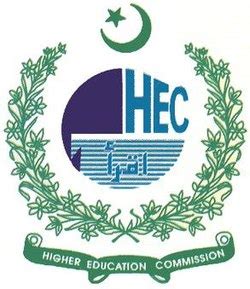Unveiling the Impact of International Migration on the Economic and Subjective Wellbeing of Men and Women in Punjab Pakistan
DOI:
https://doi.org/10.51732/njssh.v8i3.156Keywords:
Subjective Wellbeing, Remittances,, Gender, MICS, Punjab, PakistanAbstract
International remittance inflow is still under debate regarding its effects on the economic and subjective wellbeing of relatives left behind in Pakistan. This study aimed to evaluate the impact of receiving international remittances on the economic and subjective wellbeing of men and women of the same household in the most populous province, Punjab, of Pakistan. The study makes efficient use of the latest multiple indicator cluster survey (MICS) dataset for Punjab Pakistan, whose hierarchal structure allows us to use the multi-level mixed effects logistic regression for evaluating these impacts at an individual and community levels. The ladder scale of life satisfaction was used in generating a dependent binary variable to represent subjective wellbeing, while wealth score was used for economic wellbeing. After controlling for various socio-economic characteristics at individual and household levels, our findings presented that the women who received remittances were 1.1 times more likely to report high levels of subjective wellbeing, however, this relationship tested insignificant for the men. For women the wealth score improved by 1 score if they reported to receive remittances and for men this figure was 0.1scores. Government should encourage inflow of international remittances as they promote wellbeing for people at all ages according to goal 3 of Sustainable Development Goal (SDG).








